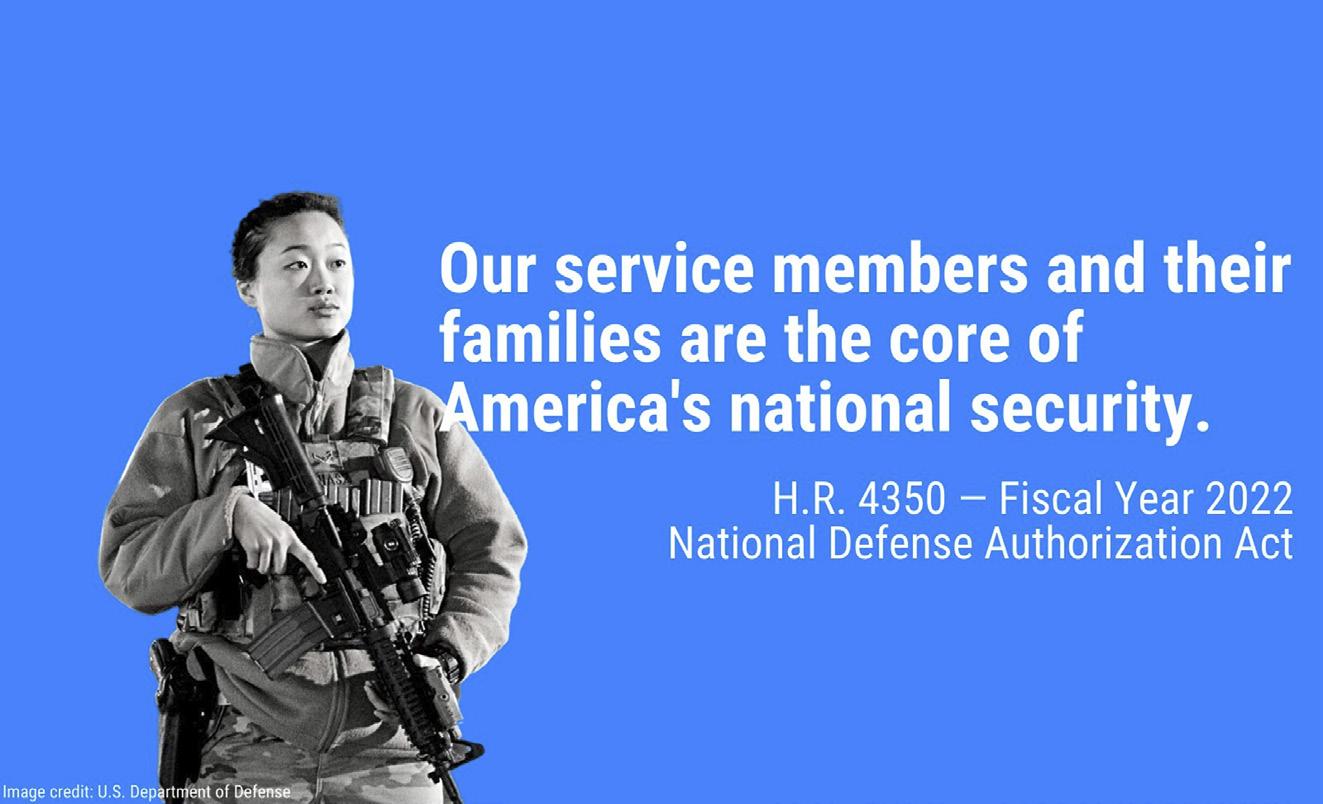Focus - Leadership and Culture The Heart of Leadership By CDR Larry Young, USN (Ret.)
I
learned more about moral courage and integrity from a 19-yearold Army Private First Class (PFC) than from any officer I ever knew. Another holiday season has come and gone. Another birthday, another Christmas and New Year’s celebration, and once again I find myself remembering PFC Aaron J. Ward. I attempt to imagine how difficult this time of year must be for his mother and family. In a quiet moment, I remember her son, and try to understand – but I keep falling short. I think that for many of us who returned from Iraq and Afghanistan – I believe we still carry some guilt about those who were unable to return. Despite the benefit of hindsight and time, I find the contrast between Aaron’s situation and my own as just plain unfair. Aaron joined the Army right out of high school. I joined the Navy right out of high school. We both found military service as a place where we “fit in.” But the similarities ended there.
PFC Aaron J. Ward., USA
I am certain that PFC Aaron Ward was one of the soldiers who protected me (literally) when I was serving as an electronic warfare officer (EWO) on an individual augmentee deployment in Iraq, 14 years ago. I had occasion to “make the rounds” in the western desert and would sometimes patrol with his unit, the US Army’s 170th MP Co, 504th MP Battalion – deployed to Hit, Iraq.
On May 6, 2008–barely past his 19th birthday–he’d seen less than a year of active duty. He had been in Iraq for just a few short months before a sniper’s bullet found him and took him from this world. One week later, on May 13, I was heading home to be reunited with my wife and kids, after a year-long tour in Anbar Province. It just doesn’t seem fair. Here I was going home, while he had only just arrived in-country. Aaron had been wearing a uniform for less than a year when he was killed. In May of 2008, I had been wearing a uniform for almost 22 years. In 2007, when Aaron joined the US Army at the age of 18, America was engaged in an increasingly difficult conflict in Iraq – a situation that no one had predicted very well, with another one smoldering in Afghanistan. He had to know that he would end up in harm’s way. In 1986, when I joined the Navy, America was at peace. Yes, the Cold War was very real. But to an 18-year-old kid looking for opportunities in the service, it was a distant problem. In the course of my career, I was given numerous opportunities: an amazing education (Navy Nuclear Power School, the Naval Academy, Navy flight training, Navy Postgraduate School), many chances to lead (and follow), and the privilege to serve alongside some of the finest people I’ve ever known. It hardly seems fair. Aaron enlists, and within a year he is serving his country much more tangibly than I ever did. I enlisted, went to school, and travelled all over the world. My 26 years on active duty took me to places in the Mediterranean, the North Atlantic, the Western Pacific, and the Caribbean. Aaron’s eleven months took him to Anbar Province, Iraq. My service pales in comparison to his sacrifice. In the years since his death, Aaron has taught me a valuable lesson. For the longest time I couldn’t help but wonder if the 18-year-old me would have had the same courage that Aaron had knowing that he was going into harm’s way. I was humbled by his sacrifice then, and remain even more so today. I used to think I was pretty tough. I could land helicopters on a destroyer’s pitching flight deck in the middle of the ocean on a moonless night. When I was flying, I felt like I was always in control. After my year in Iraq – I realized that I really wasn’t in control, and I wasn’t really very tough. The young Soldiers, Marines, and Sailors in Iraq with whom I had the privilege of patrolling showed me what it really meant to be tough. Every day they would go “outside the wire” in the face of an insidious enemy, sometimes several times a day. Some of them did not return home. Rotor Review #155 Winter '22
30





































